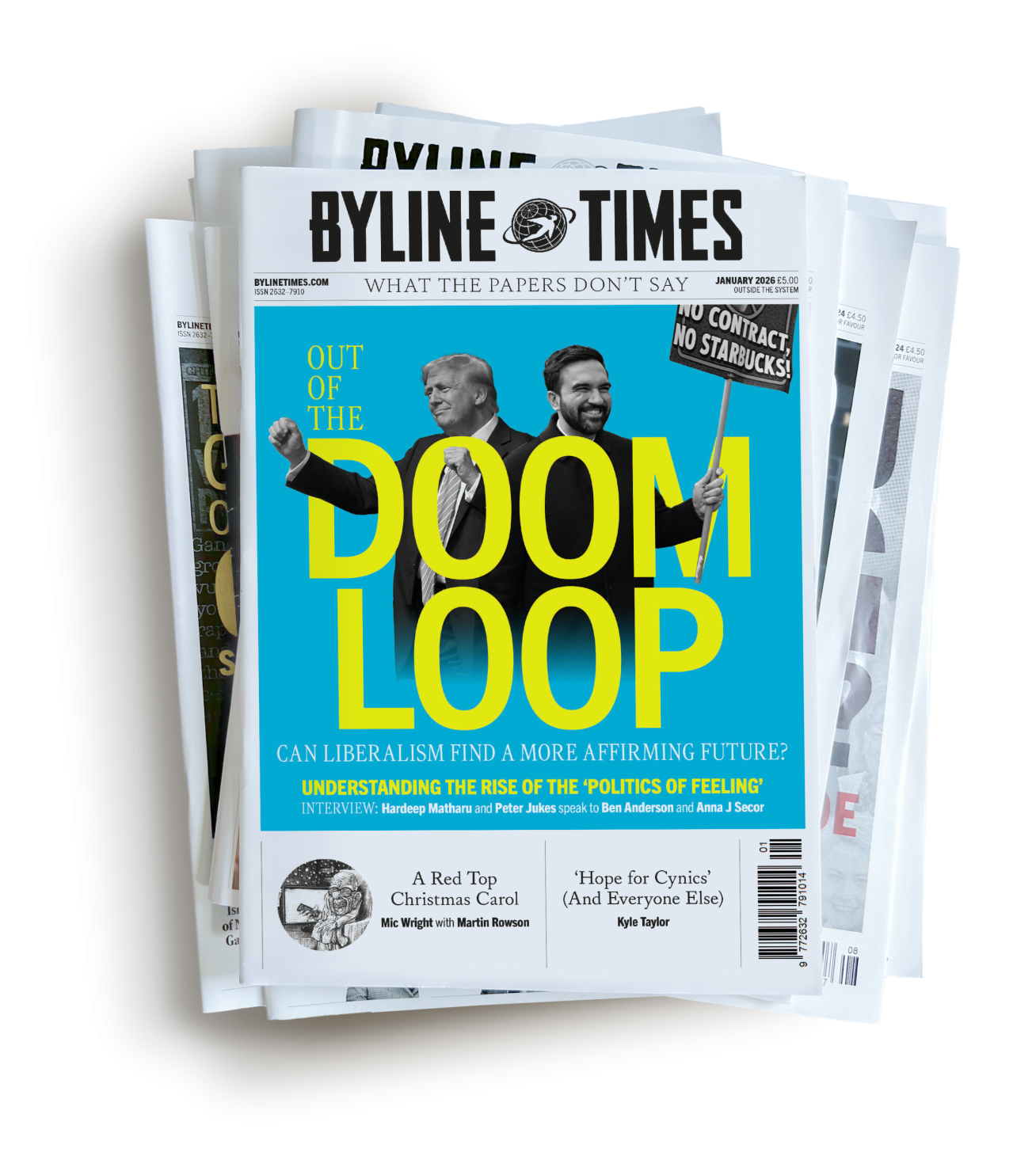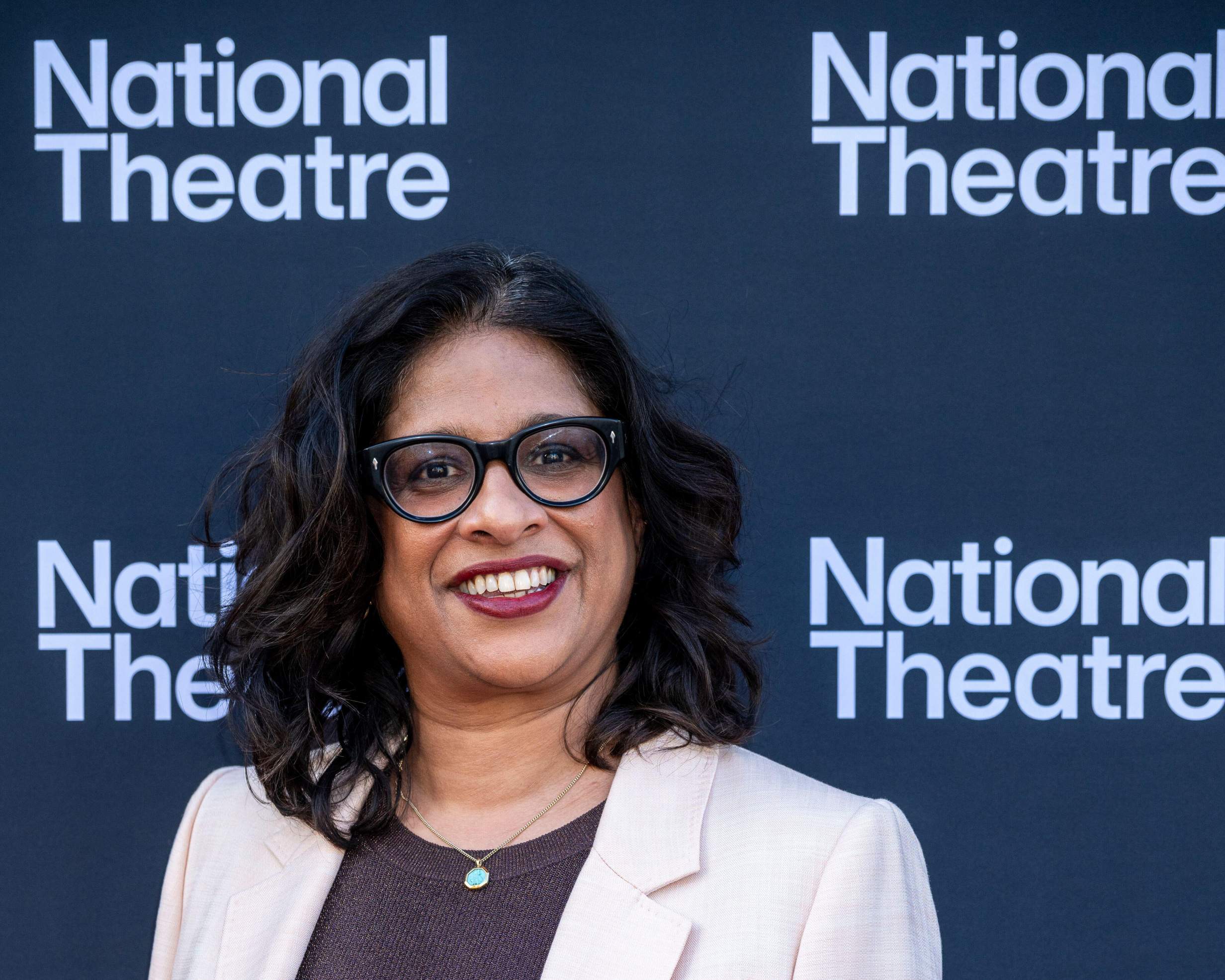
Read our Digital & Print Editions
And support our mission to provide fearless stories about and outside the media system
For the seventh time in its history, the baton of artistic director of the National Theatre changes hands in September, as Indhu Rubasingham opens her first season.
She is not only the first woman to be put in charge of the country’s pre-eminent theatre, but also the first person of colour.
It is a measure of how limited the gene pool had become that she is also the first since its founder Laurence Olivier not to have graduated from Cambridge (Rubasingham went instead to Hull, and Olivier the Central School of Speech Training and Dramatic Art).
The National’s board was not, however, in the business of making a politically correct statement with Rubasingham’s appointment.
All it sought was the best possible candidate and that, I have no hesitation in saying, is what it has got. I speak as a critic who as long ago as 2013 was making the case for Rubasingham in the Sunday Telegraph as “the best and brightest young theatre boss we have in this country” and have long looked upon her taking over the National as a happy inevitability.
When I began reviewing just after the turn of the millennium, it was very obvious that there were two directors who were head and shoulders above the rest: Rubasingham, putting what was then the Tricycle Theatre – later to become the Kiln – in north London on the map; and the somehwat older and more established Michael Grandage, who was at the time presiding over what would come to be seen as a ground-breaking decade in charge of the Donmar in London’s Covent Garden.
The pair have much in common and are, needless to say, friends.
Neither are especially fond of presiding over buildings with all of the admin, bureaucracy, and politics that entails. Their first love is directing and, with typical courage, Rubasingham has chosen to direct Bacchae, the curtain-raiser to her first season.
Of course, it raises, too, the stakes as she will know very well that, if it is not a success, then it will be on her as the new boss. But she also clearly wants to make it clear that she is determined – very much in the tradition of Olivier – to get to play as much as she possibly can in her own toyshop.
She very much deserves to, as nothing has ever been handed to Rubasingham on a plate.
She was born in Sheffield to Tamil parents from Sri Lanka and, after a spell at Nottingham Girls’ High School, she attended Hull University to study drama. There was then an Arts Council bursary to work as an assistant director at the Theatre Royal Stratford East, where Mike Leigh was her boss. She subsequently freelanced as a director and I had caught some of her productions – notably Disconnect at the Royal Court, which I loved.
It was only after I got see a play that she put on called Handbagged – about Margaret Thatcher’s fractuous relationshp with Queen Elizabeth – that I got to appreciate the consistent flair (I would say genius) in her work.
Rubasingham is in person modest and self-deprecating and, even at her farewell party when she left the Kiln in 2023, I noticed how she was always building other people up, rather than wallowing in the limelight and adulation herself. She seemed embarrassed when anyone alluded to the staggeringly successful run she had had at what had previously always been seen as no more than a small community theatre. On one occasion, under her leadership, that small community theatre simultaneously had a Broadway transfer – with Red Velvet – and a West End one with Handbagged.
Unassuming she may be in person, but on stage she is reliably bold and heroic and that is why I think the National is on the verge now of a golden era.
During her predecessor Rufus Norris’s longer than usual stewardship, the National had begun to feel too safe and complacent a venue. Too often it seemed not to be in the business of rocking the apple cart, but from time to time just putting a few extra apples on. I struggle to remember a production I have seen there in recent years that seemed to me to be saying anything important or challenging about our country.
So many of the big issues of the day – once bravely addressed during the 1980s and 90s when Peter Hall and later Richard Eyre gave David Hare a licence to defy the country’s strongest and most powerful people and institutions on the National’s stages – were at best politely skirted or not mentioned at all during the Norris years.
Whatever else might be said about the Rubasingham era, I confidently predict that no one will be able to look back on it and say that it was boring. Her policy, when she considers what it is she is going to put on her stages, will never be ‘least said, soonest mended’.
My advice to punters is book your tickets early, make sure your seatbelts are tightly fastened, and prepare yourself for a bumpy and exhilarating ride.
Tim Walker is a playwright and journalist. He writes the ‘Mandrake’ column for the monthly Byline Times print edition. He was formerly a political commentator for The New European (now The New World) and the Telegraph


